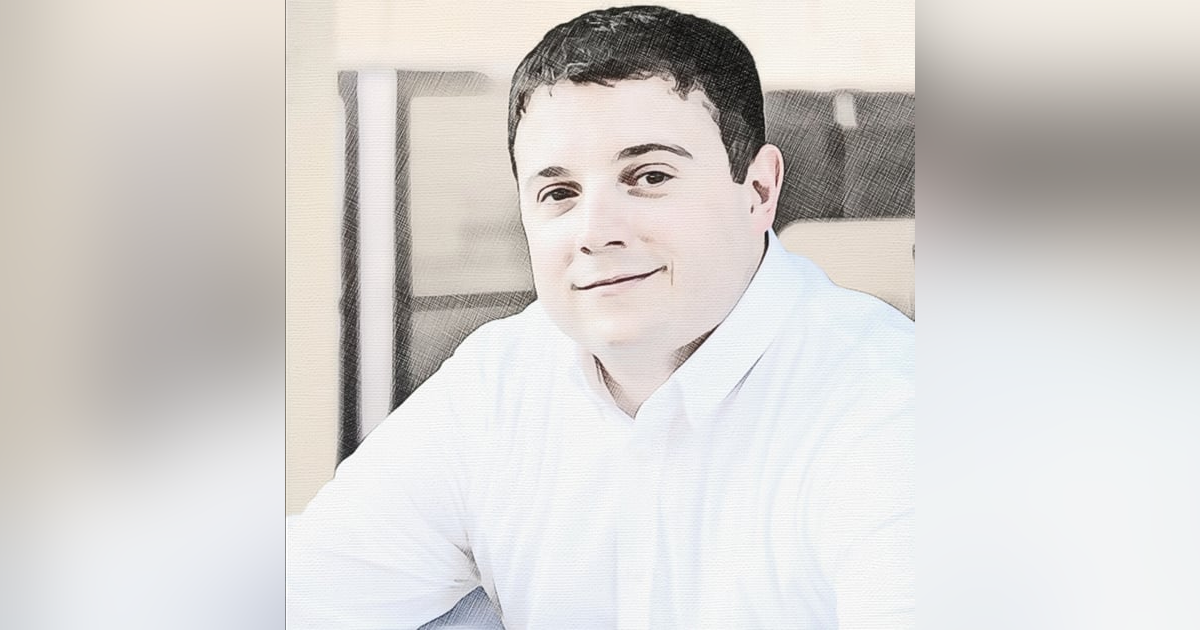#69: Vetrepreneurism. With Dr Aaron Wallace

How would you define an entrepreneur? Mirian-Webster says it’s someone who starts their own business, especially when this involves a new opportunity. Here’s another fact: we are at a point in time when our profession is FILLED with new opportunities. I’m sure you’re spotting them all around you. But once you spot that opportunity, how do you translate it from an idea into reality? How do you overcome all the doubters and nay-sayers, especially when the loudest nay-sayer is probably you!?
Dr Aaron Wallace is a veterinarian and a bonafide entrepreneur. He co-founded Lacuna Diagnostics, a digital cytology company, while he was still a vet student and helped to establish and grow lacuna to the point where it was recently sold to Heska. Aaron's brainchild is rolling out across the world under the new name of HeskaView Telecytology.
Happy ending right? But happy endings almost never happen without tough beginnings and good stories. In this episode, Aaron shares that story. We talk about entrepreneurship in veterinary science, where the new opportunities lie in our profession, how to bring YOUR big idea to the vet world, the traits that you’ll learn as a vet that will serve you well outside of vet, and much more.
Go to thevetvault.com for show notes and to check out our guests’ favourite books, podcasts and everything else we talk about in the show.
If you want to lift your clinical game, go to vvn.supercast.com for a free 2-week trial of our short and sharp highly practical clinical podcasts.
We love to hear from you. If you have a question for us or you’d like to give us some feedback please get in touch via email at thevetvaultpodcast@gmail.com, or just catch up with us on Instagram.
And if you like what you hear then please share the love by clicking on the share button wherever you’re listening and sending a link to someone who you think should hear this.






